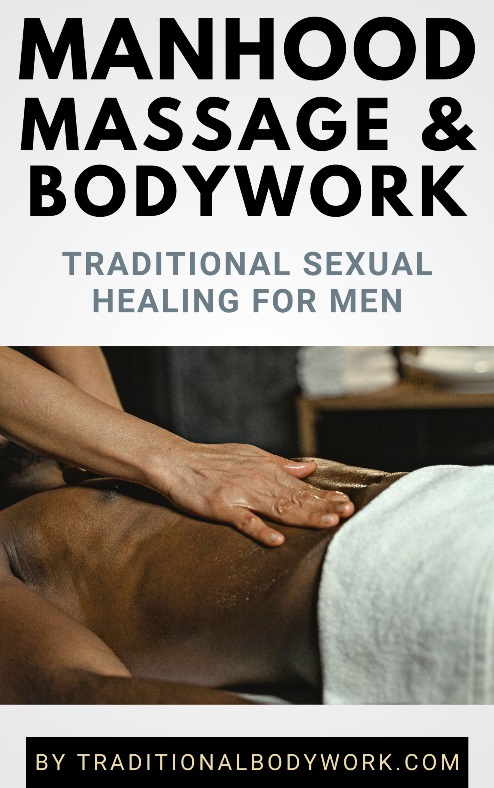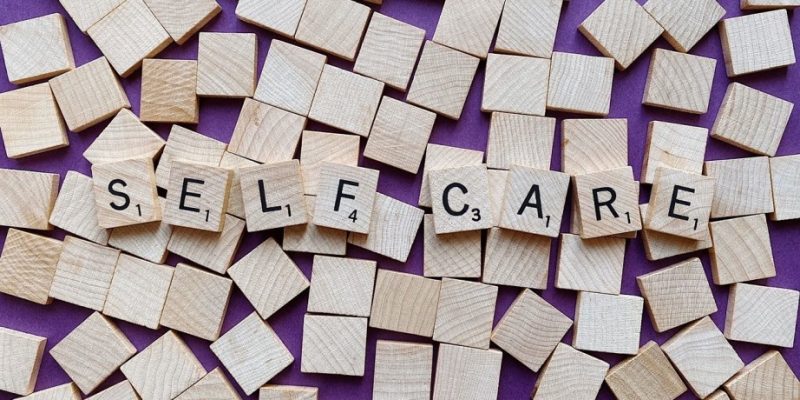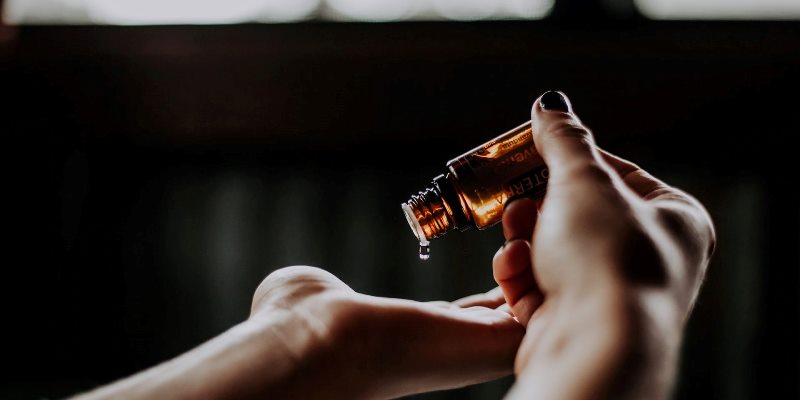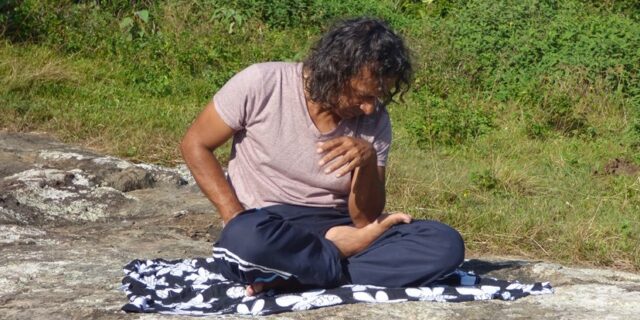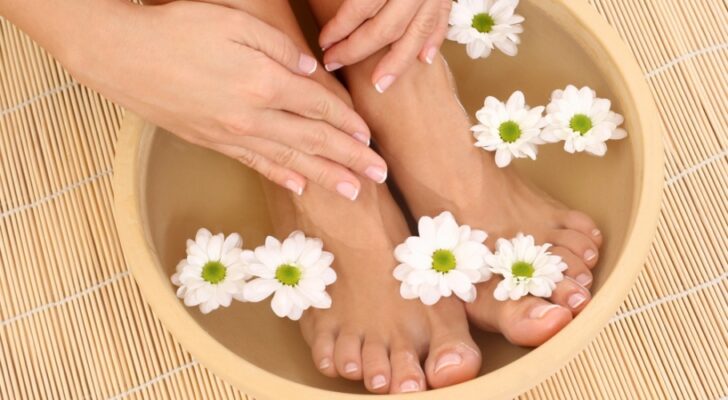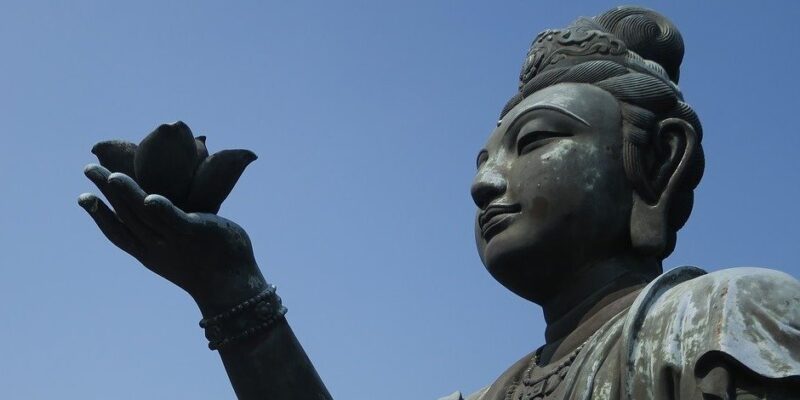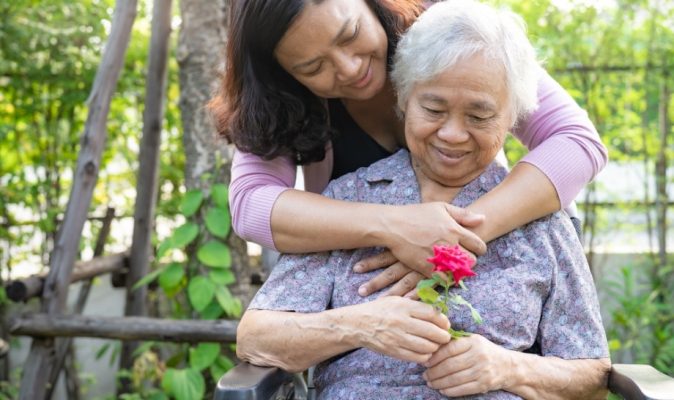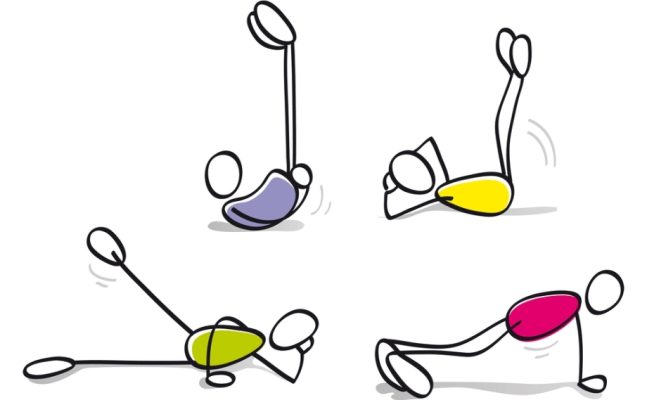
In a very limited sense, self-care is often associated with taking care of one’s body and appearance, which includes activities like physical exercise, eating well, taking enough rest, bathing, skin care, hair care, grooming, and the like.

Those are indeed all activities that are part of self-care, but self-care embraces a much larger field. In fact, self-care could be defined as protection, sustenance (maintenance), and — if necessary — healing of the physical, emotional, mental, and spiritual pillars of our being with an aim of maintaining and/or overall balance, wellness, and happiness.
Engaging in active self-care means practicing and integrating appropriate methods, techniques, and habits in a structural, continual way in one’s daily life, while taking all four pillars into account. The actual self-care practices may vary widely, depending on individual needs and abilities, and on one’s educational, cultural, or perhaps religious background. Nonetheless, for each person counts that an holistic ensemble of physical, emotional, mental, and spiritual aspects of one’s being need to be taken care of.
A person who neglects one or more of these four pillars will be (or become) unbalanced. Moreover, a neglect of even one of the constituting pillars will affect the strength and balance of the other three pillars. For instance, a lack of physical care of the body will typically have negative effects on the emotional, mental, and spiritual level. Or, a structural emotional issue that’s not taken care of will likewise affect body, mind, and spirit, and so on.
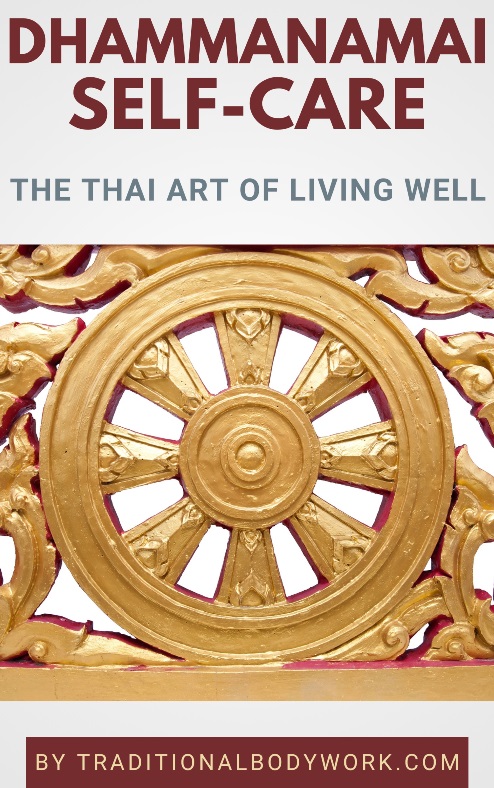
Therefore, it’s important that a person aims at taking good care of all of their levels of functioning, and also tries to gain an understanding of how and in what way an imbalance or lack in one domain can affect the other domains. By knowing the interrelationships between one’s body, emotions, mind, and spirit, one can more easily proactively engage in what’s needed for oneself or alternatively better recognize what part of one’s being needs more attention.
Active self-care starts by being (or becoming) aware of how external factors influence internal factors. For instance, it’s about reflecting on how the food I consume, my relationships, my work, or my living environment influence my body and mind, that is, how exactly they affect my health, wellness, and happiness.
In addition, it’s also about reflecting on internal factors and how they influence one’s behavior and health. For instance, past trauma and emotional blockages may lead to poor relationships or poor relationship/social competencies, or they may lead to physical (i.e. psychosomatic) health issues.
Proper self-care then is always active, that is, it requires continual attention because we — our body and mind — and our circumstances are always in a continuous state of flux, and we will frequently need to adapt our lives to keep our balance.






